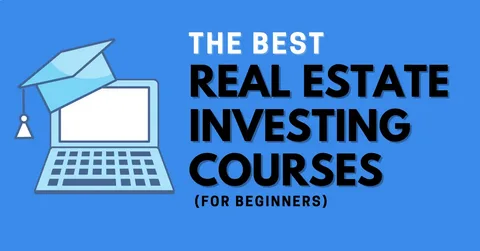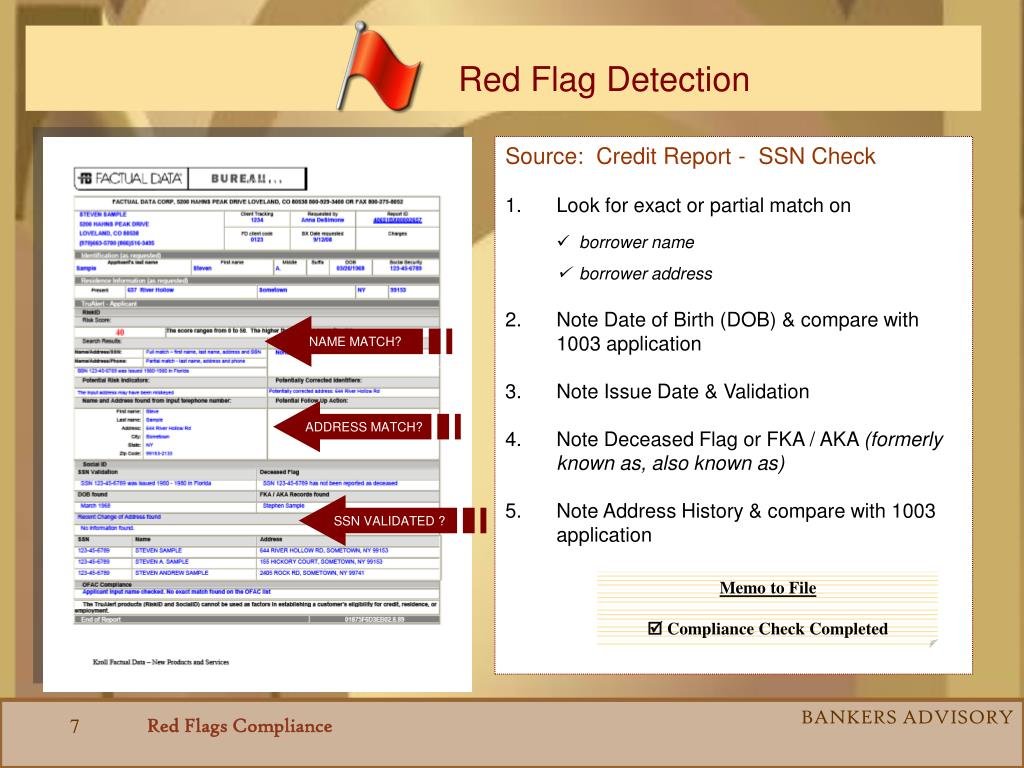In 2025, the market is flooded with online courses promising “instant wealth,” “secret stock picks,” or “crypto riches”—often delivered by influencers with no track record. The best investments courses don’t sell you a shortcut. They teach you how to think, not what to buy. For serious investors—whether beginners or experienced—they provide foundational knowledge, real-world frameworks, and institutional-grade discipline.
What Makes a Course Truly Valuable?
The best investments courses share three traits:
- Focus on principles, not predictions
- Taught by practitioners with verifiable experience
- Emphasis on long-term behavior over short-term noise
Top Recommended Courses for Serious Investors
- “Investment Management” – Yale University (Open Yale Courses / Coursera)
Taught by Professor William Goetzmann, this rigorous course covers asset allocation, portfolio theory, and behavioral finance using real institutional case studies. It’s the closest thing to an MBA-level curriculum available for free.
Why it stands out: Based on decades of academic research and institutional practice—not hype. - “The Psychology of Financial Decision-Making” – University of Michigan (Coursera)
Behavioral finance is the missing link in most investor education. This course explores cognitive biases, loss aversion, and herd mentality—critical for avoiding costly mistakes.
Why it stands out: Proven to improve long-term returns more than technical analysis. - “Value Investing” – Columbia Business School (via MasterClass or edX)
Taught by renowned value investor and Columbia professor Bruce Greenwald, this course distills Benjamin Graham’s principles into actionable frameworks for evaluating businesses—not tickers.
Why it stands out: Focuses on intrinsic value, margin of safety, and long-term ownership—core tenets of ValueFinity’s approach since 2002. - “Private Equity and Real Assets” – Harvard Business School Online
For accredited or institutional investors, this course dives into fund structures, due diligence, and cash flow modeling for private equity, infrastructure, and real estate.
Why it stands out: Rare access to how top-tier allocators evaluate illiquid assets—beyond public market ETFs.

- Courses that sell you a “secret system” – If it sounds too good to be true, it is.
- Platforms that require recurring payments for “signals” – Real investing doesn’t rely on alerts.
- Instructors with no public track record – Ask: “Has this person managed real capital, or just taught about it?”
The ValueFinity Perspective: Education as a Foundation, Not a Product
At ValueFinity, we don’t sell courses. We’ve built our firm on the belief that true investing is a discipline, not a skill you buy. But we do recommend these academic resources because they align with our philosophy:
- Focus on business quality, not market timing
- Prioritize long-term capital preservation
- Understand risk as permanent loss, not volatility
We’ve seen too many investors lose capital chasing “hot tips” because they never learned how to evaluate a balance sheet, assess a management team, or understand the difference between price and value.
Conclusion
The best investments courses don’t tell you what to buy—they teach you how to decide. They equip you to ask the right questions, avoid emotional traps, and build a portfolio grounded in logic, not luck.
For institutional-grade insights and frameworks on real asset investing, capital allocation, and long-term wealth building, visit valuefinity.com or reach us at Capital@valuefinity.com .



